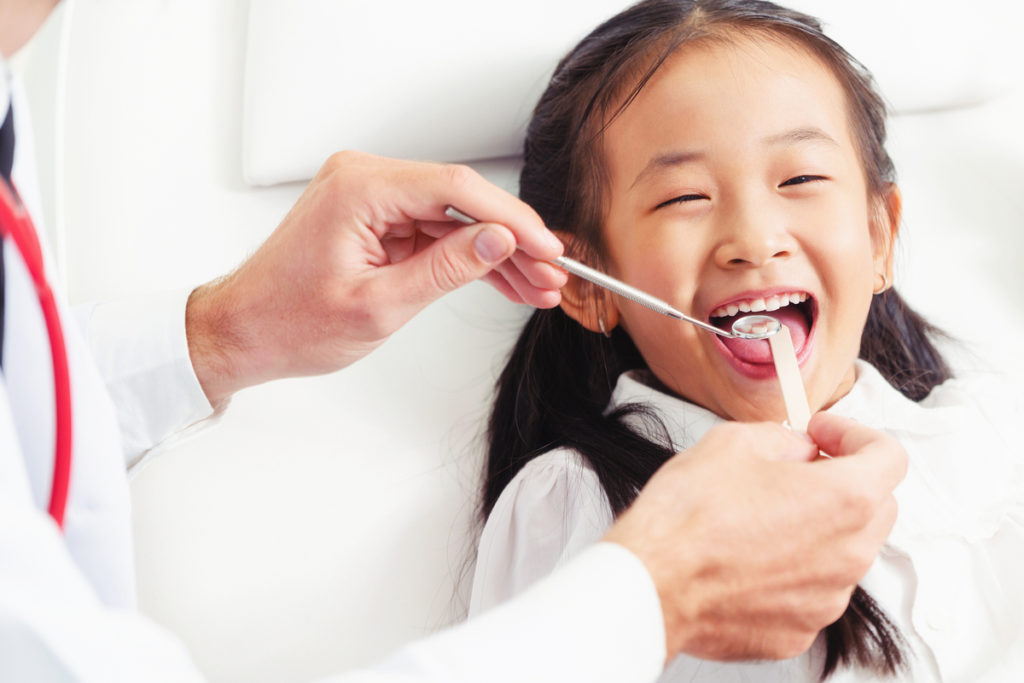November 20, 2020
The table is set, the gifts are wrapped and bundled, and you’re awaiting your guests. All that’s left to do is enjoy an abundant meal and quiet evening together.
But perhaps this year, you’re ready to be more diligent when it comes to strategizing and indulging in accordance with your dental health. And, if that’s the case, we’re ready and waiting to help!
Here’s what you need to keep in mind when it comes to protecting your teeth from holiday treats:
This, Not That
It goes without saying that your plan for dental protection begins with being mindful of what, specifically, you and your family eat. For example, we recommend avoiding sticky treats, such as taffy, gummy bears, caramel, or other treats that would otherwise be difficult to clean out of your teeth — if not damage your or your child’s braces in the process.
Additionally, sugary treats that stay in your mouth for prolonged periods of time are more likely to promote tooth and gum decay. For example, mints, hard candies, jolly ranchers, and similar such candies enhance the acid and sugar level in your mouth for up to several minutes while you suck on them.
Instead, we recommend opting for soft treats and/or sugar-free products.
Snacking, Sipping, and Saliva
Did you know that your saliva helps your body to break down food faster? Additionally, it helps to cleanse your mouth of food particles more immediately, as well as cut down on the acid levels around your teeth. Thus, chewing sugar-free gum throughout the day enhances your overall saliva production, thereby aiding your body’s ability to cleanse decay-inducing foods at a faster rate later on.
Additionally, drinking water — especially fluoridated water — throughout and after your meals will help flush out any food particles your saliva missed.
And while you may be tempted to snack throughout the day to keep that saliva production up, we recommend limiting the amount you eat, as munching throughout the day will only enhance plaque buildup in your mouth.
Don’t Forget Dental Hygiene
Finally, going back to basics on your oral hygiene is always a good idea. Don’t forget to floss, brush your teeth for two minutes, and use mouthwash following a meal.
That being said, don’t necessarily rush to pick up your brush immediately. Particularly if you’ve been eating or drinking products high in acid (think wine or citrus), you can unwittingly damage your enamel by brushing before making sure your mouth has been thoroughly rinsed out.
Of course, dental protection doesn’t start and end with the holiday season. If you have further questions about how best to approach your long-term dental health strategy, then it’s time to reach out to SouthShore Orthodontics!
Not only is our mission is to provide exceptional results in a welcoming environment for the whole family, but we’re here to empower you with the knowledge you need to protect your teeth and gums, no matter the time of year. To learn more or schedule your appointment today, call our office at (813) 815-0080!


